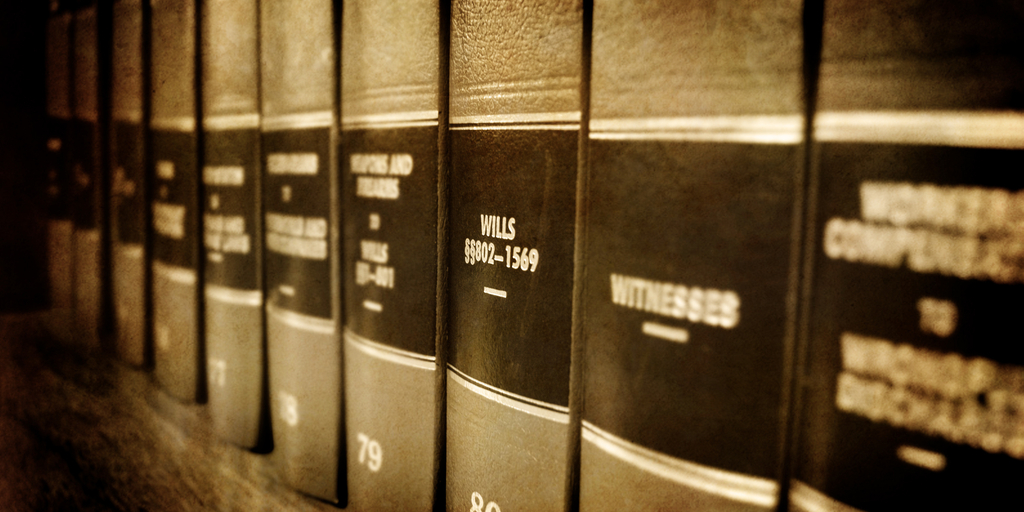Originalism Contributes to Legal Stability as Much as Precedent
As originalism gains favor in the courts and in the academy no question about this theory of interpretation is of more practical importance than the relation between original meaning and the large amount of non-originalist precedent. In my previous posts on precedent, I argued that because of the likely beneficence of the original understanding of constitutional provisions, the rules of precedent should create a presumption in favor of following the original meaning, defeasible only when there are some specific circumstances that favor precedent over originalism.
But some fine law professors, like Tom Merrill of Columbia Law School, argue in favor of a strong presumption of precedent on general grounds. The most important reason is that precedent contributes to legal stability, because past decisions have resolved specific disputes. Citizens will be better able to conform their conduct to the law by relying on them rather than by going back to the original meaning.
This argument confronts two major obstacles. First, it is too confident even under current conditions that a precedent-oriented law yields stability. Second, it assumes a world of precedent orientation. But in a world in which originalism predominates, scholars and lawyers will have extracted many more specific conclusions from the original meaning than they now do, making originalism a more stable source of law.
Precedent is often very difficult to apply consistently. Precedents come from different eras and different justices. The New Deal era had different values from the 1950s which had different values from the 1980s. Even the styles of jurisprudence were different. As a result, precedents from different periods in the Supreme Court do not form a coherent whole. They are inconsistent sometimes in results, but even more often in reasoning, which makes them difficult to apply to a new case.
But even if the precedents hail from the same era, Frank Easterbrook has shown that path dependency and shifting majorities prevent precedents from hanging together. Indeed, the point of his article was that criticizing the Court for having inconsistent precedent was a bankrupt academic exercise because inconsistency was inevitable. But that inevitability undermines the argument for stability.
And precedents very often depend on the particular facts of the case. Thus, it’s frequently difficult to generalize from them in a principled way. In contrast, the original meaning of the Constitution consists largely of rules and principles that are themselves generalizations.
Because of the problems with precedent, it is not surprising that a truly good legal craftsman like John Roberts and Elena Kagan resemble Olympic gold medalists in their ability to slalom through precedents and reach preferred albeit often opposite results.
To be sure, many lawyers today do not have much background in originalism, because until recently it is has not been a serious subject of inquiry at our law schools. Thus, in some areas there is no substantial scholarship that applies the original meaning in areas of law, creating concerns that lawyers will not be able to advise their clients on what the law is. But already that gap is being filled, and if the Supreme Court reoriented its precedent rules to prioritize originalism, it would further boost the demand for practical work on the original meaning of specific provisions. In that new world, following originalism would be as least as stabilizing as following precedent, if not more so.


